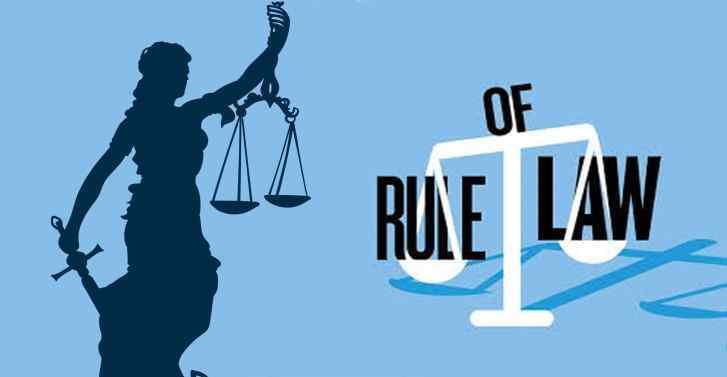News Highlight
The government’s decision to release prisoners in the gang rape and murder cases was referred to as a “dilution of the rule of law” by a former Supreme Court judge.
Key takeaway
- On August 15, 11 convicts walked out of prison after the Gujarat government panel remitted life sentences awarded to them.
Why is remission being criticised?
- Against treating crimes as heinous:
- The remission runs contrary to the spirit of contemporary thinking on treating crimes against women and children as so heinous that the perpetrators should not be considered for remission.
- No premature release:
- The Criminal Procedure Code (Cr.P.C.) does provide early release from life sentences through remission or commutation. However, this should be done in accordance with a legal and constitutional framework rather than a ruler’s whim.
- Political considerations:
- Any decision on remission should be linked to the convict’s expression of regret and some promise of reform.
- It would be unjustified if given for political considerations merely because of the elapsing of the minimum number of years they have to serve.
What is remission?
- In remission, the nature of the sentence remains untouched, while the duration is reduced, i.e., the rest of the sentence need not be undergone.
- For example, if a person is sentenced to a term of 20 years, his sentence is now reduced to 15 years.
The laws are available on remissions
- Under Articles 72 and 161 of the Constitution, the President and Governors have the power to pardon, suspend, remit, or commute a sentence passed by the courts.
- Since prisons are a state subject, state governments have powers under Section 432 of the CrPC to remit sentences.
The grounds for remission
- The States set up a Sentencing Review Board to exercise the powers under Section 432 of the CrPC.
- The Supreme Court has held that states cannot arbitrarily exercise the power of remission and must follow due process.
- In “Laxman Naskar v. Union of India” (2000), the SC laid down five grounds on which remission is considered.
- Whether the offence is an individual act of crime that does not affect society
- Whether there is a chance of the crime being repeated in the future
- Whether the convict has lost the potential to commit a crime depends
- Whether any purpose is being served in keeping the convict in prison
- Socio-economic conditions of the convict’s family
Comparing Pardoning Powers of President and Governor
| President | Governor |
| He has the authority to pardon, reprieve, respite, remit, suspend, or commute the punishment or sentence of any person convicted of a violation of a central law. | He has the authority to pardon, reprieve, respite, remit, suspend, or commute the punishment or sentence of anyone who has been convicted of an offence against state law. |
| He has the authority to pardon, reprieve, respite, remit, suspend, or commute a death sentence. He is the sole authority to pardon a death sentence. | He is unable to pardon the death sentence. Even if a state law calls for the death penalty, the President, not the governor, has the authority to grant a pardon. However, the governor has the authority to suspend, remit, or commute a death sentence. |
| He has the authority to grant pardon, reprieve, respite, suspension, remission, or commutation of punishment or sentence imposed by a court-martial (military court). | He doesn’t have this kind of power. |
Rule of Law
- The rule of law means that no one is above the law and that everyone, regardless of their position or status, is subject to the authority of ordinary law courts.
- Dicey, in his work, stated that the Rule of Law is fundamental to the English legal system and gives the following meanings to the doctrine:
- Supremacy of Law:
- According to Dicey, the rule of law means the absolute supremacy or predominance of regular law as opposed to the influence of arbitrary or broad discretionary power.
- Equality before the law:
- There must be equality before the law or equal subjection of all classes to the ordinary law of the land administered by the common law courts.
Rule of Law and Indian Constitution
- The Preamble of the Constitution itself prescribes the ideas of Justice, Liberty, and Equality.
- These concepts are further enunciated in Part III (Articles 12 to 35 contained in Part III of the Constitution deal with Fundamental Rights) of the Constitution and are made enforceable.
- All three branches of the government are subordinate, i.e., the Judiciary, the Legislature, and the Executive are not only subordinate to but are bound to act according to the provisions of the Constitution.
Pic Courtesy: Path legal
Content Source: The Hindu



